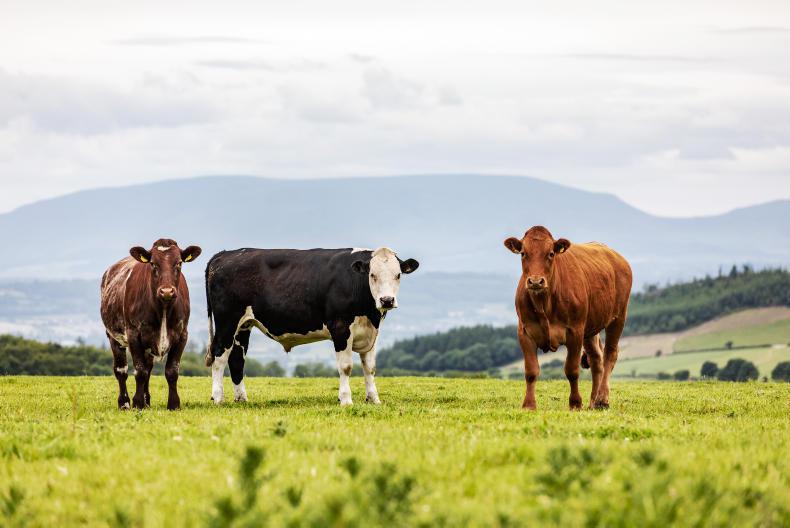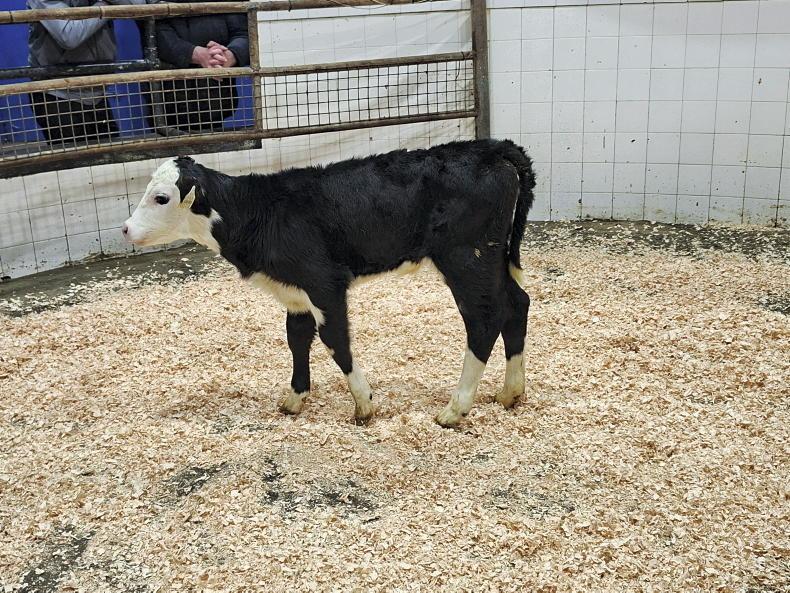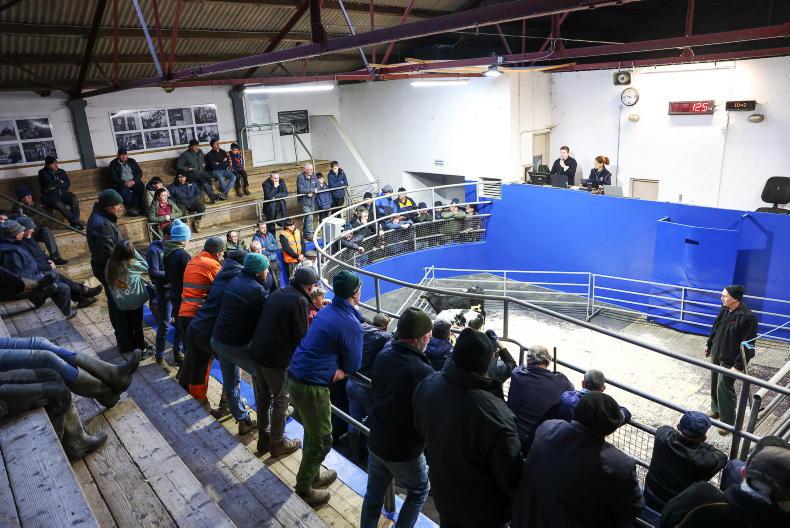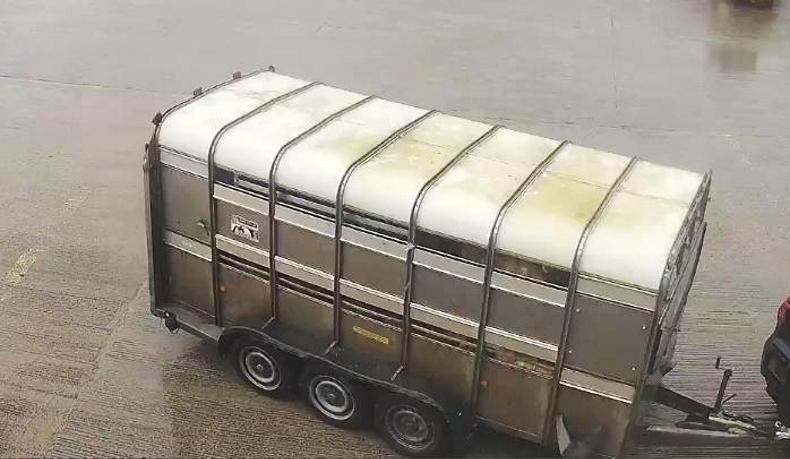Grass: With heavy rainfalls all around the country over the past week, grass growth will get back on track very quickly and farms that were looking at grass deficits could be looking at grass surpluses in a very short time. Farmers who were feeding silage and very low on grass supplies shouldn’t be in too big of a rush to pull out silage. Walk the farm and wait until there is enough grass ahead of stock before pulling out supplement. Fertiliser can also go out again if it has been a number of weeks since there was any application. Aim to spread 1 bag/CAN/acre to boost grass growth and try to maintain some quality in swards. Where grass was under moisture stress, it had started to head out in some cases so topping may be required. Aim to cut low if topping. Disc mowers will give a cleaner cut and will cut lower than flail machines.
Bloat issues: Incidence of bloat can increase as the content of clover in pastures gets higher or animals are grazing very lush aftergrass. While not a problem over the last few weeks, it could become an issue when we get a burst of growth and cattle are grazing high-clover lush pasture. Bloat occurs when gas pockets occur in the rumen of the animal and cannot escape. Clover swards and leafy pasture are very easy and quick to digest and this increases the chances of bloat occurring. Certain animals tend to be prone to bloat and it is a heritable trait.
If bloat is an issue, consider including some long fibre in the diet like straw or hay in a round feeder in the field they are grazing. If bloat continues to occur, consider taking the field out for silage. Avoid letting animals into these pastures very hungry as animals could gorge grass and this will increase the chances of bloat occurring. Bloat oil can be added to the water on a daily basis and this will help reduce the chances of bloat occurring.
Worm control: The warm and humid conditions we have had over the last few days could drive an increase in worm burdens at pasture. When herding, be alert for any coughing or scouring at grass. Spring-born calves have no immunity and dairy-beef calves will be at a higher risk than suckler-bred calves. As the proportion of grass increases in the diet, the potential for calves to ingest large numbers of parasites is there. When choosing wormers, discuss it with your vet. Some wormers can deliver a rapid kill of lungworms, which put calves under respiratory pressure when coughing up dead worms.
Cull cows: Good well-fleshed cows continue to be a great trade in marts around the country. Northern customers are very hungry for stock around rings and have lifted the trade in the last few weeks. Heavy cows are in particular demand, with some cows making in excess of €200/head more than what they would be worth in southern factories. If you are selling small numbers, the mart ring is the place to get the best price at the moment.









SHARING OPTIONS